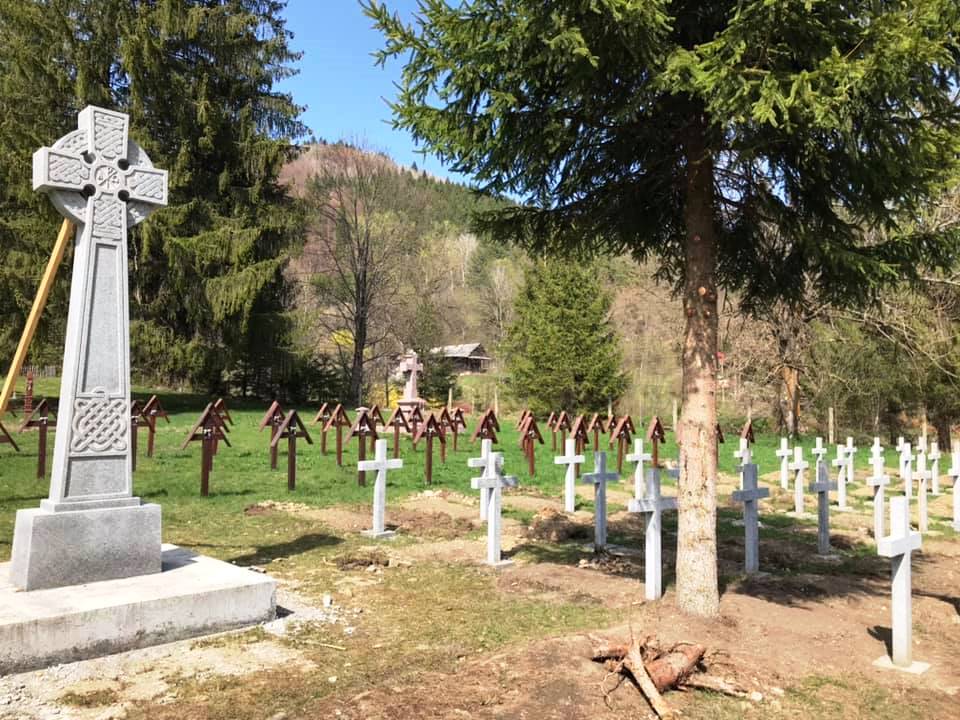The Democratic Alliance of Hungarians in Romania (RMDSZ) has withdrawn its support of for the ruling Social Democrat-Liberal coalition (PSD-ALDE) after police used physical force to detain and question a local ethnic Hungarian official, one of the organizers of the local demonstration against the desecration of an Austro-Hungarian military graveyard in Transylvania.
As we have previously reported, the council of Dărmănești (Dormánfalva in Hungarian) – a small town with 8,600 inhabitants in Bacău (Bákó in Hungarian) County – recently set up Romanian war-era graves and a monument in a Hungarian military cemetery in the Úz Valley, on the territory of the neighboring County Hargita/Harghita. The news provoked outrage among Hungarians because the cemetery was established by Austrians and Hungarians in 1917, and not a single Romanian soldier is buried there. The remains of 650 Hungarian, Austrian and German soldiers rest in the cemetery, which belongs officially to Csíkszentmárton (Sânmartin in Romanian) a small Székely village with 1,200 inhabitants (98 percent of them Hungarians).

This morning, Bákó/Bacău county police entered the house of Csíkszentmárton Deputy Mayor László Antal, searched his house, took him to the County Police headquarters in Csíkszereda/Miercurea Ciuc and questioned him for two hours.
“This morning’s events were the last drop in the glass. We find the government’s behavior unacceptable and we continue to demand that they restore the previous state of the Úz valley military graveyard and launch official proceedings against the mayor of Dormánfalva and all others who created the tensions,” wrote RMDSZ President Hunor Kelemen on his Facebook page and the official RMDSZ homepage.
“Despite our unequivocal request, the government did not take firm measures to prevent the further deterioration of the situation. This is the responsibility of the authorities and the PSD-ALDE government,” Kelemen wrote.
RMDSZ – without entering the coalition – signed a cooperation protocol with the PSD-ALDE government in December 2016, promising to support legislation it can agree to, while the government pledged to support all legitimate minority rights demands of ethnic Hungarians. In the 329-seat House of Representatives – the lower chamber of the Romanian parliament – the coalition parties have 158 seats, requiring the vote of RMDSZ and other opposition MPs. In the Senate – the upper house – PSD holds an absolute majority.
Title image: RMDSZ President Hunor Kelemen (L) and PSD leader Liviu Dragnea (R).